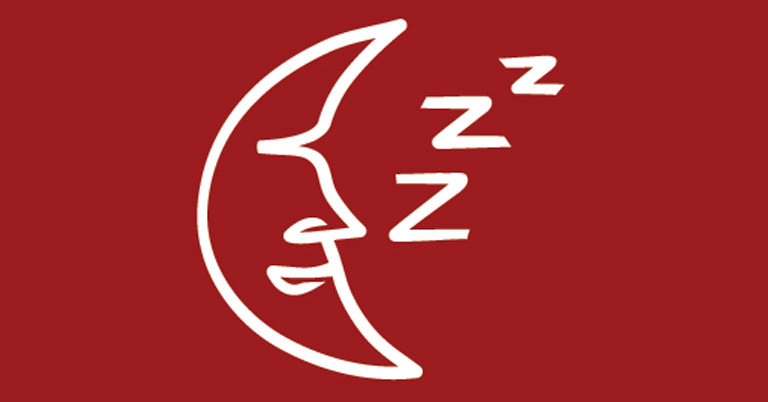
Sleeping too little may increase the risk for osteoporosis.
A study of menopausal women has found that sleeping less than five hours a night is associated with significantly increased low bone mineral density. The report, in the Journal of Bone and Mineral Research, compared 1,080 women who slept less than five hours with 4,025 who slept the recommended seven hours.
Using bone scans, they found that after adjusting for other factors, women who slept less than five hours had significantly lower bone mineral density and higher odds of osteoporosis at the hip, spine and total body.
“The difference we observed between these two groups was equal to about one year of bone aging,” said the lead author, Heather M. Ochs-Balcom, an associate professor of epidemiology at the University at Buffalo. “This is not a huge difference, but it tells us that, in yet one more aspect of health, sleep is important. Any chance we have to spread the message to improve sleep could be helpful in other aspects of physical and mental health.”
The participants were generally healthy, and the study controlled for age, menopausal symptoms, physical activity and other factors. Still, the authors note this observational study does not prove that short sleep causes osteoporosis, only that the two are linked. It is possible, for example, that lower bone mineral density may be associated with other conditions that influence sleep behavior.

